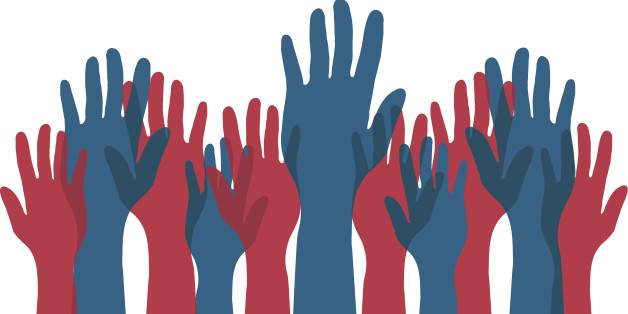Two celebrated quotes are nagging me day and night as I watch our ‘Democratic Dispensation’ being gradually throttled into oblivion – the first of these, “I’m tired of hearing it said that democracy doesn’t work. Of course it doesn’t work. We are supposed to work it”, is by Alexander Woollcott, while John Adams’ view is provocative, but pragmatic. According to him “Democracy... while it lasts is more bloody than either aristocracy or monarchy. Remember, democracy never lasts long. It soon wastes, exhausts, and murders itself. There is never a democracy that did not commit suicide”.
Woollcott and Adams have succinctly summed up the true state of Pakistani politics, where the electorate and the elected, are both responsible for the mess we are in – a mess that is leading us all towards the demise of democracy. The latest example in our lemming-like attitude is the fate of four disqualification references filed with the speaker, who forwarded the two against PTI leadership to the Election Commission, while those against the sitting Prime Minister were deemed unfit for further processing. I had, till this incident, held the Honourable Speaker of the National Assembly in high regard, partly because of his early grooming in the Army. That regard is now shattered as his actions with regards to references has indicated a lack of professional honesty and impartiality.
Woollcott was right, when he said that democracies do not function because the people mandated to make them work are dictatorial and suppressive. Our experience of governance appears to perfectly fit this statement in an interesting and paradoxical manner. The ‘so called’ autocratic governments under military rulers have somehow proved to be eras of social and economic prosperity, while political democratic governments have during their tenures left no stone unturned to promote corruption coupled with social and economic decay.
Take for example, the ten years of Field Marshal Ayub Khan, who came into power in 1958. The decade of progress, as these ten years were known, was perhaps a golden era in our history. So successful had our development plans become that the Koreans sought our assistance and permission to apply the model in their country. The second tenure was that of General Pervez Musharraf, whose single and most far reaching reform was to unshackle media. Had he not had the vision and ‘courage’ to do so, the truth would have remained hidden and stories of atrocities, injustice and corruption would not have seen the light of day. It is this ‘unshackled’ media that is now proving to be an effective pillar of state.
Regretfully enough, all politically elected governments (and there has been uninterrupted political governance since the last decade or so) proved unworthy of the mandate given to them. This state of affairs, when viewed alongside the tenures of Ayub Khan and Musharraf, has spawned an interesting debate that challenges the very feasibility of democracy in Pakistan. As is common in such notions, opinion stands divided between the ‘hawks’ and the ‘doves’. The former advocate a totally autocratic system on the Singapore Model, basing their argument on the belief that the nation needs to be ‘corrected’ using the ‘rod’. The doves on the other hand, while admitting the failure of the Bicameral Parliamentary System are unwilling to go totally autocratic. Their point of view advocates a Unicameral Presidential Democracy, where the President is elected, not by the legislature, but by the people on the adult franchise principle.
I am accused by both parties of throwing a spanner in the works by telling them that changing the system will not bear fruit since any system, presidential or parliamentary, will still be run by the same people as now. We therefore first and foremost need to discover a new breed of political leadership – one that is intellectually robust, dynamic and thinks differently. An example of how even a partial application of this change will produce results is KPK Province, where a sea change is noticeable in Land Revenue, Health and Law Enforcement. Manifestation of the same change in other units of the federation is something that we can only hope. Optimism further prompts me to visualise the fusion of such a change with a presidential system headed by someone not dependent on the goodwill of the Parliament to assume office – someone who is imbibed with the teachings and moral courage of our Founding Father. This may well be a dream, but it is certainly a worthy one.






